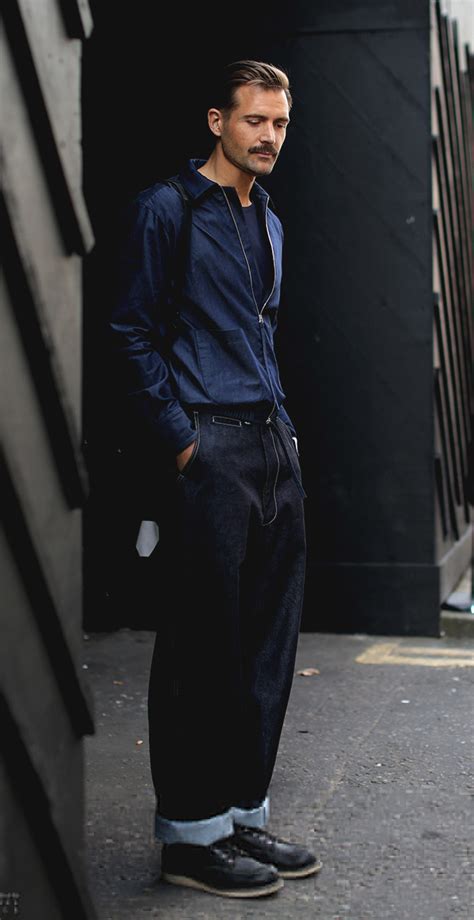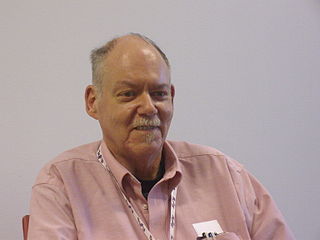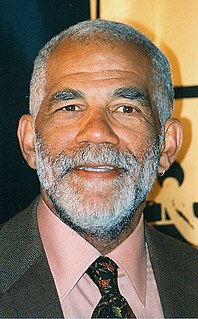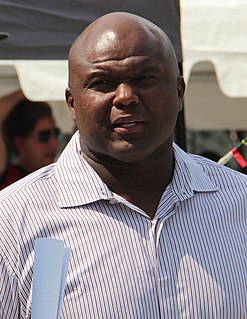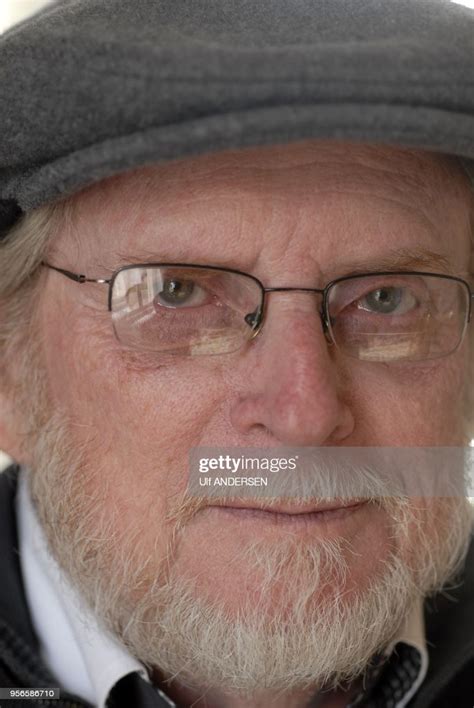A Quote by Nadine Gordimer
It's absolutely fatal to your writing to think about how your work will be received. It's a betrayal of whatever talent you have.
Related Quotes
Treat your career like a bad boyfriend...
Your career wont take care of you. It won't call you back or introduce you to its parents. Your career will openly flirt with other people while you are around... You have to care about your work, but not about the result. You have to care about how good you are and how good you feel, but not about how good people think you are or how good people think you look.
Whatever your work and whatever its worth, No matter how strong or clever, Some one will sneer if you pause to hear, And scoff at your best endeavor. For the target art has a broad expanse, And wherever you chance to hit it, Though close be your aim to the bull's-eye fame, There are those who will never admit it.
If you have to find devices to coax yourself to stay focused on writing, perhaps you should not be writing what you're writing. And if this lack of motivation is a constant problem, perhaps writing is not your forte. I mean, what is the problem? If writing bores you, that is pretty fatal. If that is not the case, but you find that it is hard going and it just doesn't flow, well, what did you expect? It is work; art is work.
I think that becoming a parent absolutely changes your entire life and certainly changes your work, and it has changed mine. It just allows you to have access to your emotions, even more than you already did. You're watching this little person grow in front of you, and you realize that you're seeing how precious life is and how quickly it goes. You get to things faster, even emotionally. I'm not as timid about reaching into some areas in myself and bringing that to my work.
You honor your writing space by recovering, if you are an addict. You honor your writing space by becoming an anxiety expert, a real pro at mindfulness and personal calming. You honor your writing space by affirming that you matter, that your writing life matters, and that your current writing project matters. You honor your writing space by entering it with this mantra: “I am ready to work.” You enter, grow quiet, and vanish into your writing.
If someone does a study which, for statistical reasons, I think is hopelessly underpowered or nonidentified, my best and most useful advice will not be tips on how to calculate p-values better, or how to construct an explanation for some particular data pattern. Rather, my advice will be to start over, to reconsider what you think you already know, maybe to question some prominent work in your subfield, and quite possibly to think a lot harder about measurement, and about the relation of your data to your underlying constructs of interest.
Trust is not about being comfortable. It is about being willing to move beyond your comfort zone when there is absolutely no evidence you will be supported. Think of it this way. Trust is based on your ability to stand your ground and rely on your own abilities, knowing that no matter what happens, you will be better off than you were in the beginning.
People talk about overnight successes, and ultimately, there's a certain amount of, you want to call it luck or fortune or good fortune, or whatever, but when your moment arrives, you have to have been at a point where you paid your dues, or done your 10,000 hours or have the requisite talent or whatever.
I could give you absolutely sterling advice on how to avoid writing, how when you run out of things to do other than going to your desk and writing, when every closet is reorganized and you've called your oldest living relative twice in one day to see what she's up to and there isn't an unanswered e-mail left on your computer or you simply can't bear to answer another one and there is no dignity, not a drop left, in any further evasion of the task at hand, namely writing, well, you can always ask your dentist for a root canal or have an accident in the bathtub instead.
I don't teach writing. I teach patience. Toughness. Stubbornness. The willingness to fail. I teach the life. The odd thing is most of the things that stop an inexperienced writer are so far from the truth as to be nearly beside the point. When you feel glosbal doubt about your talent, that is your talent. People who have no talent don't have any doubt.
The Nobel Prize is the best thing that can happen to a writer in terms of how it affects your contracts, the publishers, and the seriousness with which your work is taken. On the other hand, it does interfere with your private life, or it can if you let it, and it has zero effect on the writing. It doesn't help you write better and if you let it, it will intimidate you about future projects.

